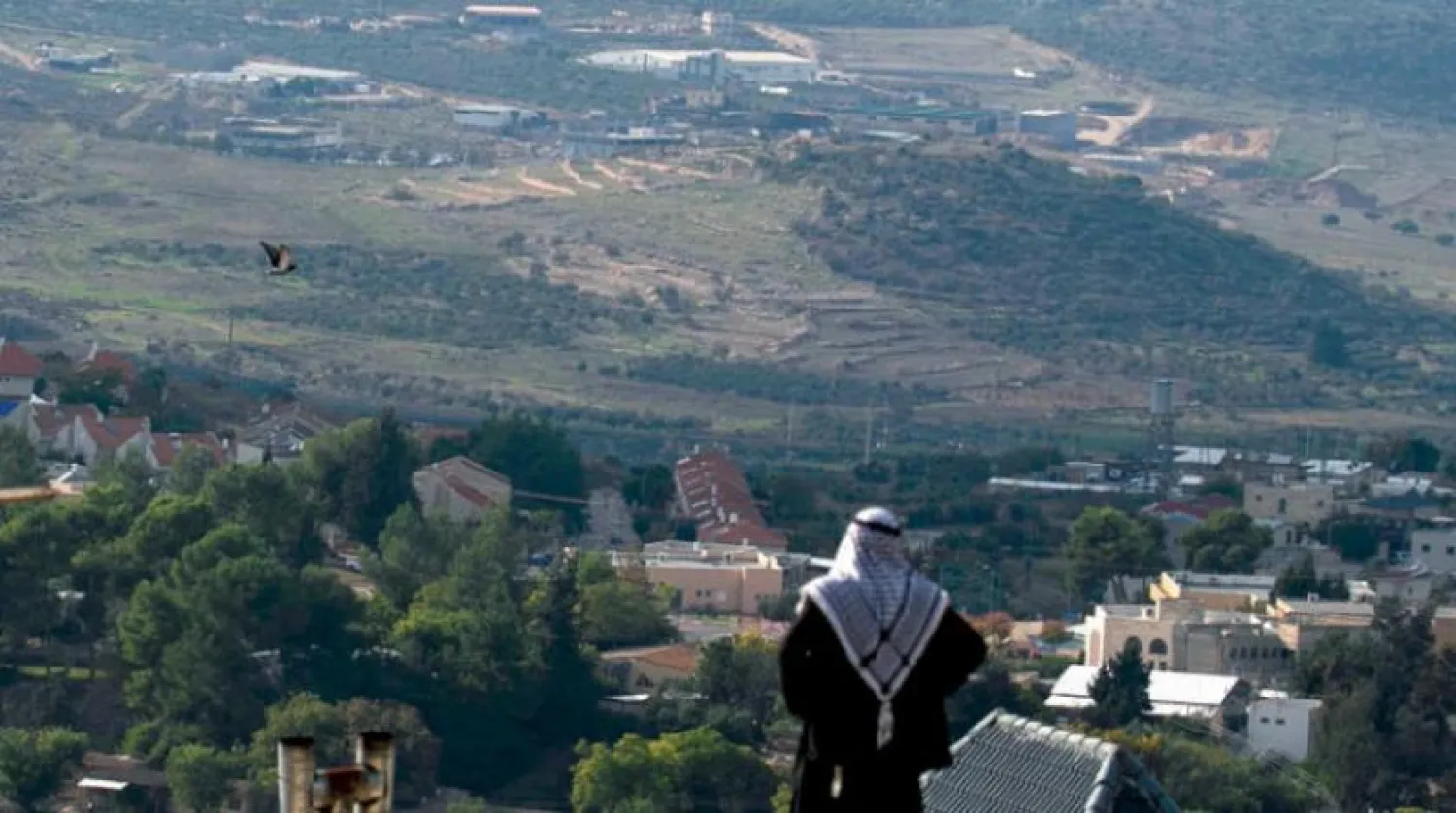Israel’s Settlement Affairs Ministry revealed Sunday details of its scheme to legalize 70 settlement outposts in the West Bank.
These will be added to the 132 official settlements that have been established since 1967, when the West Bank was occupied.
The outposts are random settlements that were built by extremists without a government decision, but they are protected by the Israeli army and receive basic government services, such as electricity, water, education, and others.
There are currently 130 outposts, inhabited by about 10,000 settlers, of which 46 are large, with dozens of families residing in each one of them.
Likud’s Settlement Affairs Minister Tzachi Hanegbi has earlier announced reaching an agreement with Blue and White’s Minister in the Ministry of Defense Michael Biton to legalize 46 outposts.
However, he announced on Sunday the delay in approving this step and accused Benny Gantz of obstructing the project for partisan reasons.
This plan is consistent with many projects approved by the Israeli Ministry of Transportation to pave and expand roads for settlements in order to facilitate movement between Israeli cities in the 1967 borders, within the Green Line, and the settlements in the West Bank.
It is noteworthy that the Israeli settlement began in East Jerusalem soon after the occupation. It followed the decision to annex the occupied city, along with 70,000 dunums of land in the West Bank.
In Jerusalem, 11 settlement neighborhoods were built, each of which later become an independent settlement, not to mention the Jewish settlement in the Palestinian neighborhoods.
In the 90s, an official settlement was established in Hebron city.
Since the early 1970s, a large-scale settlement process has begun in the West Bank, where 132 formal settlements have been established, the majority of which (77 percent) were established in settlement blocs spread mainly on the borders with the West Bank, and the rest (23 percent) inside the West Bank near Palestinian towns.
There are 16 other settlements that were established in Gaza Strip and four settlements in the northern West Bank and were dismantled in 2005, as part of the implementation of the “disengagement plan” initiated by then Prime Minister Ariel Sharon.









